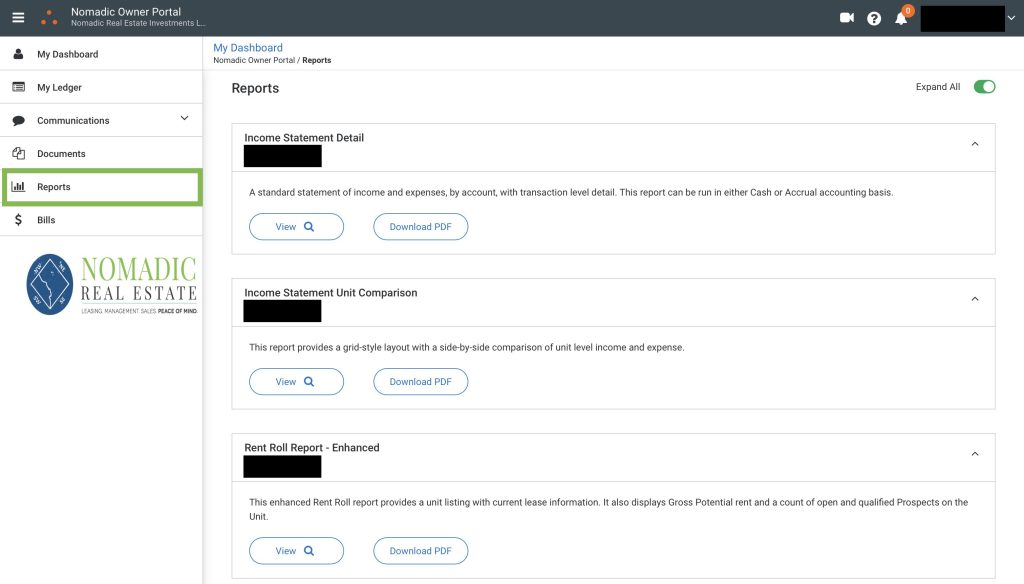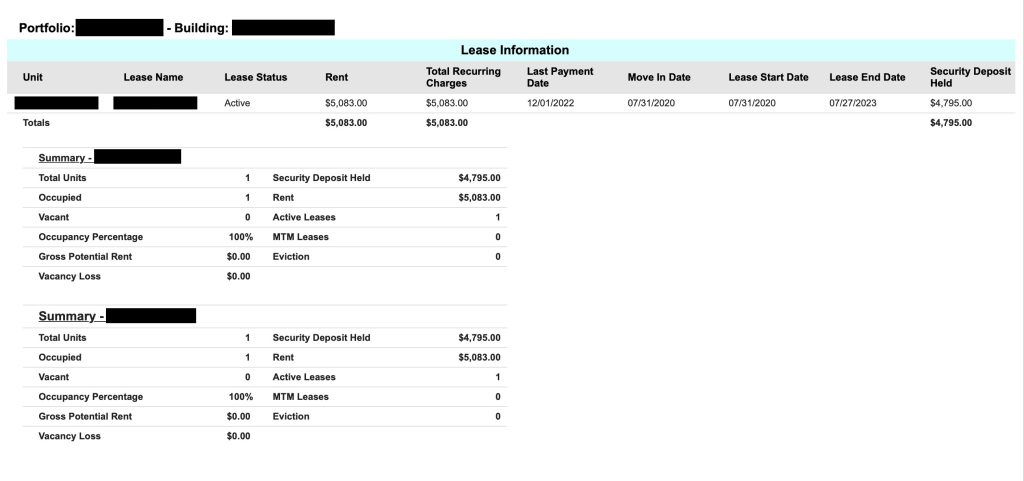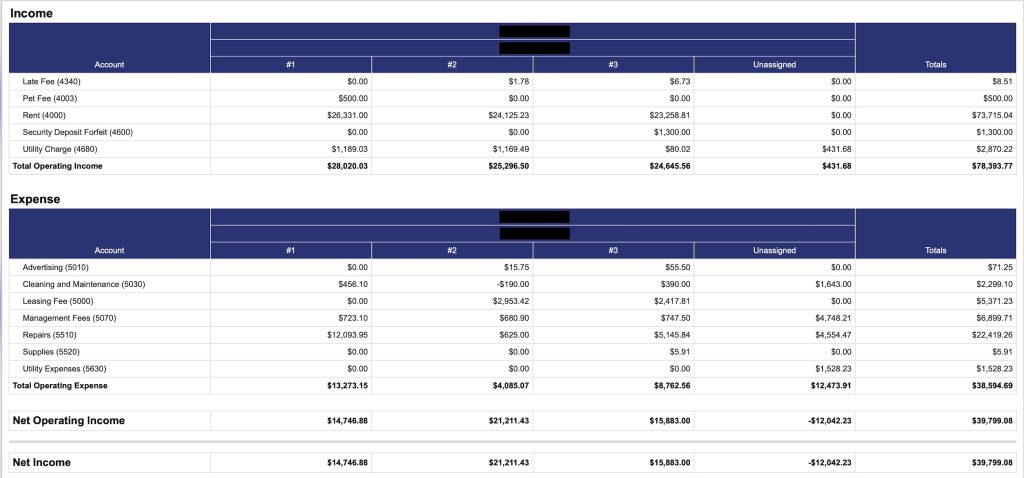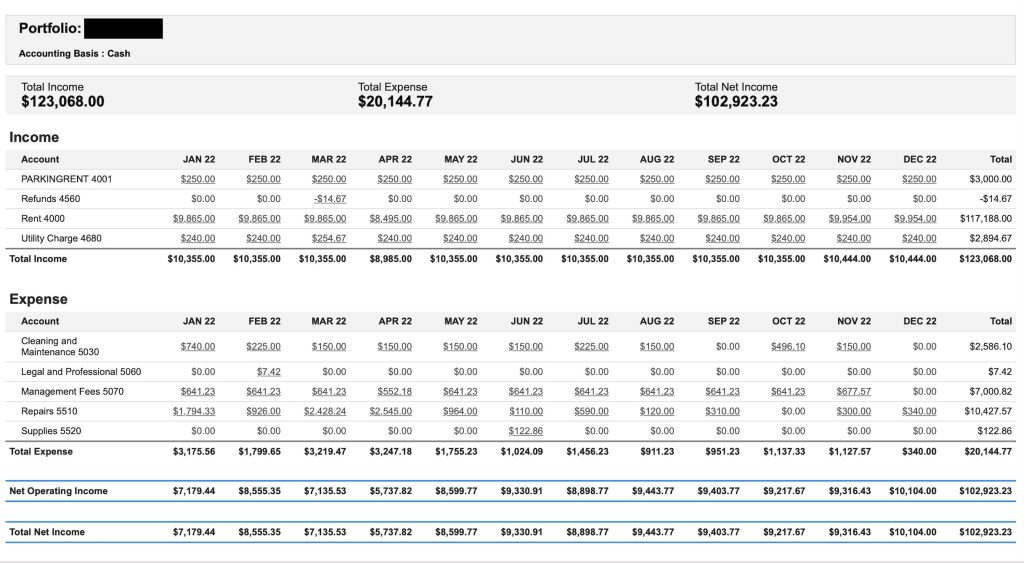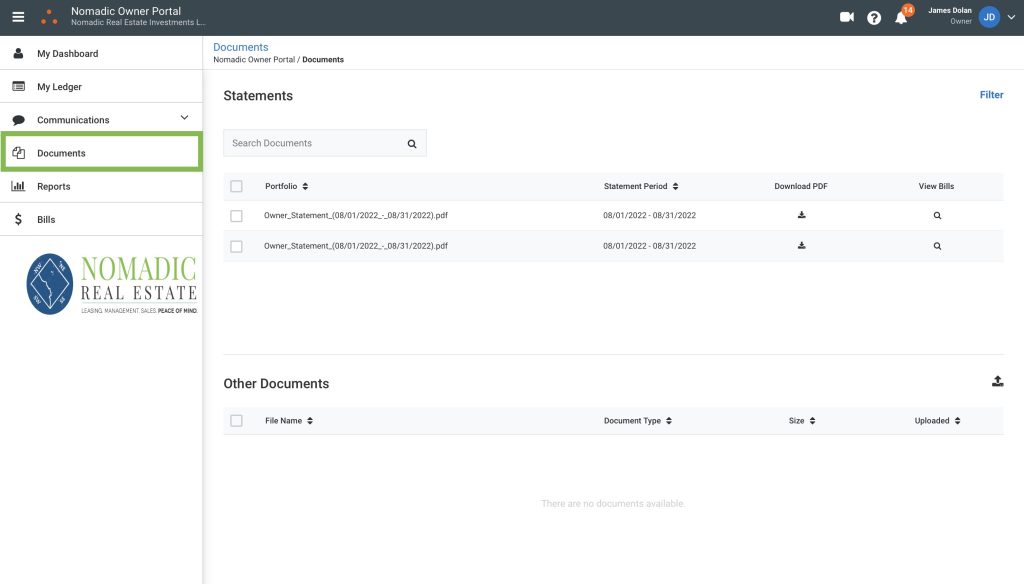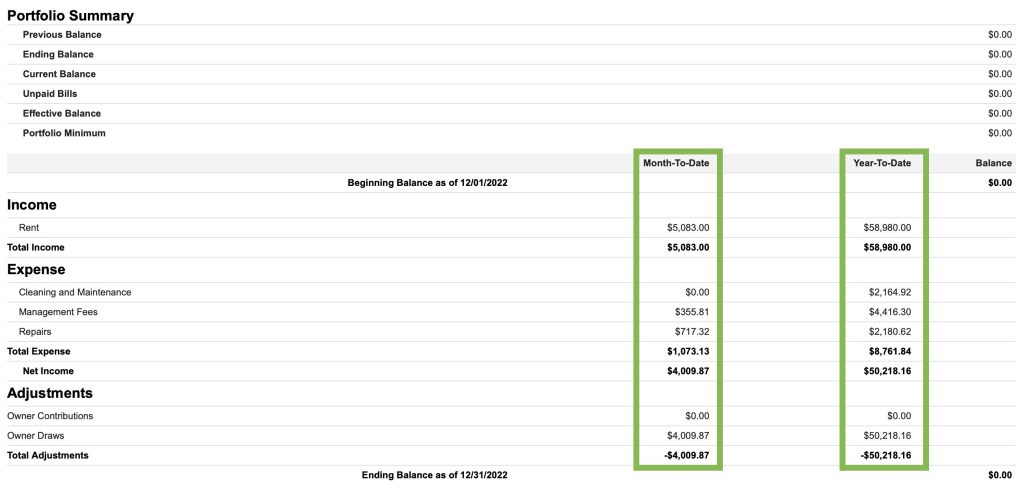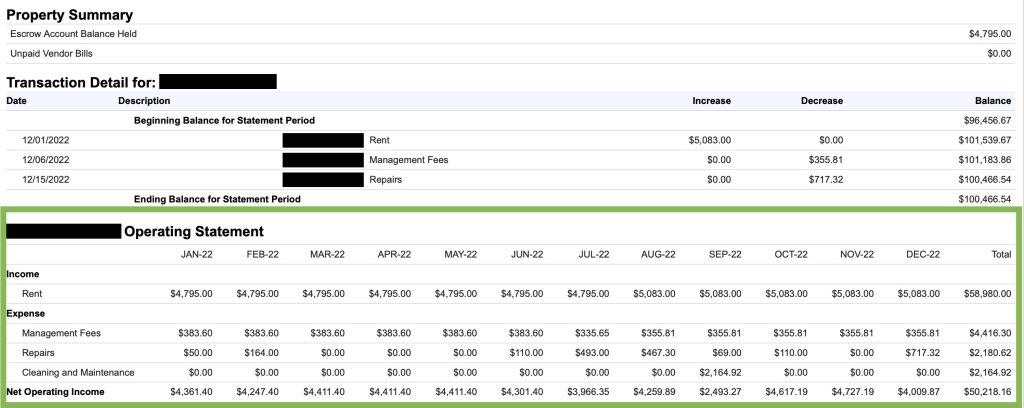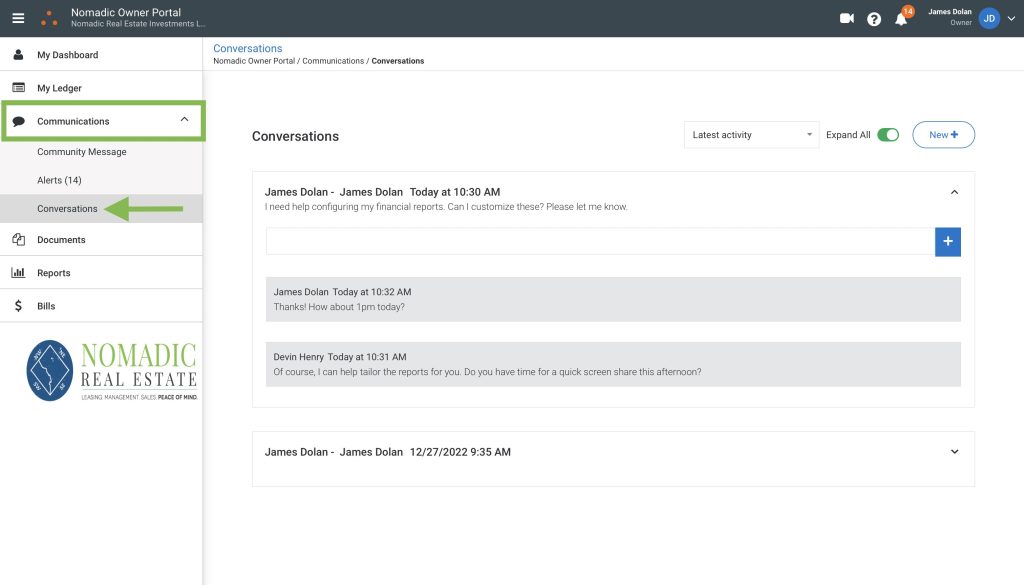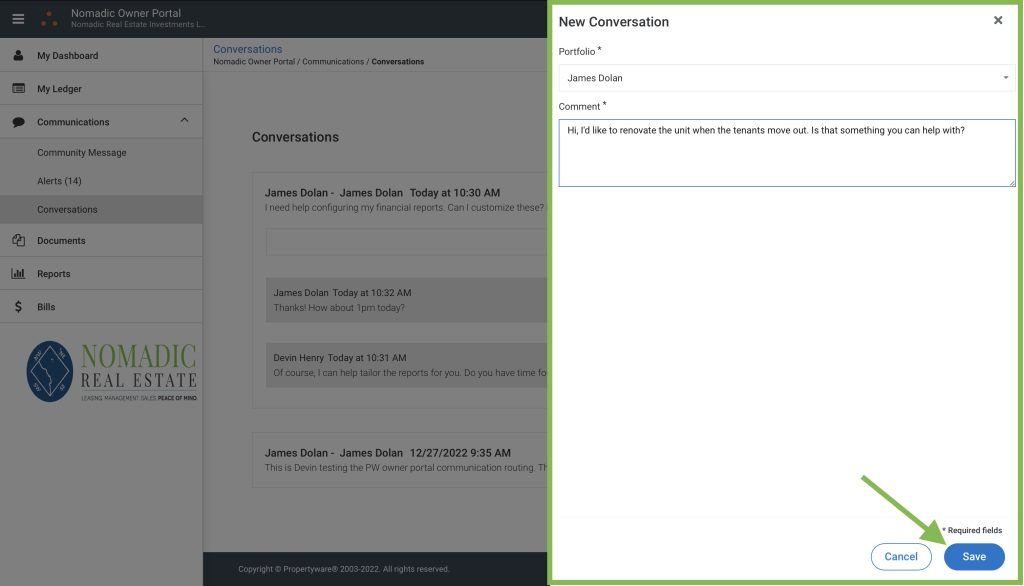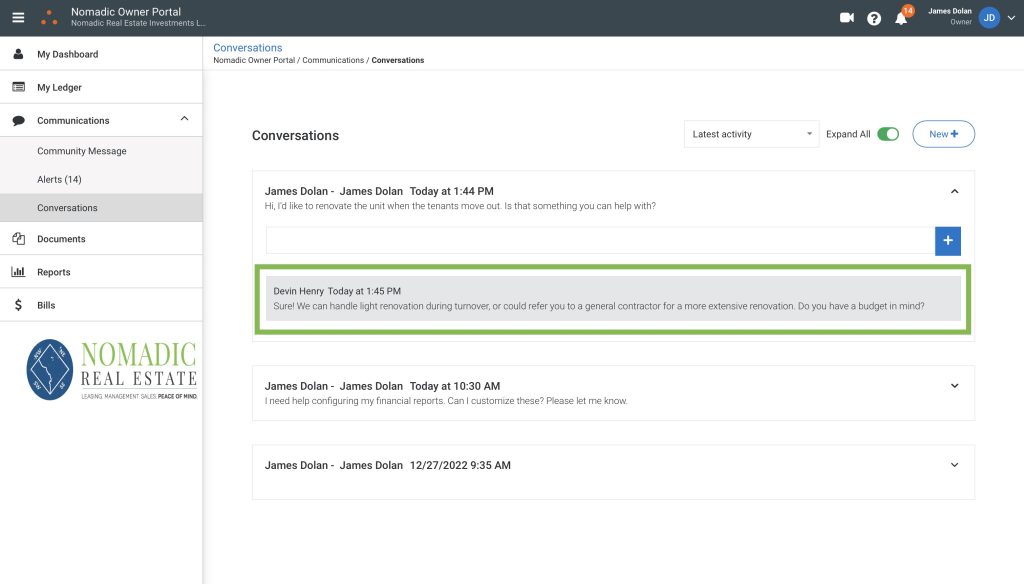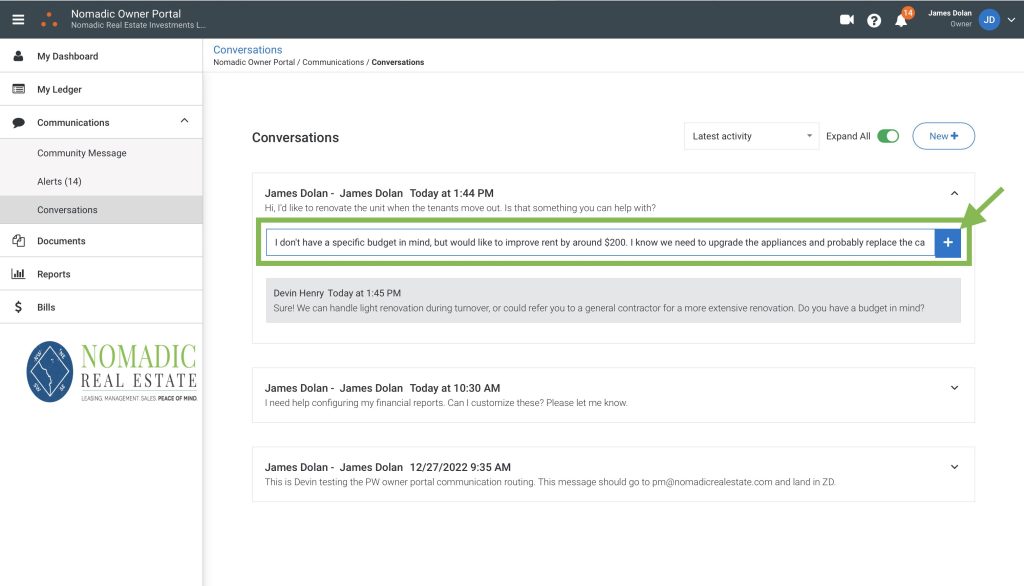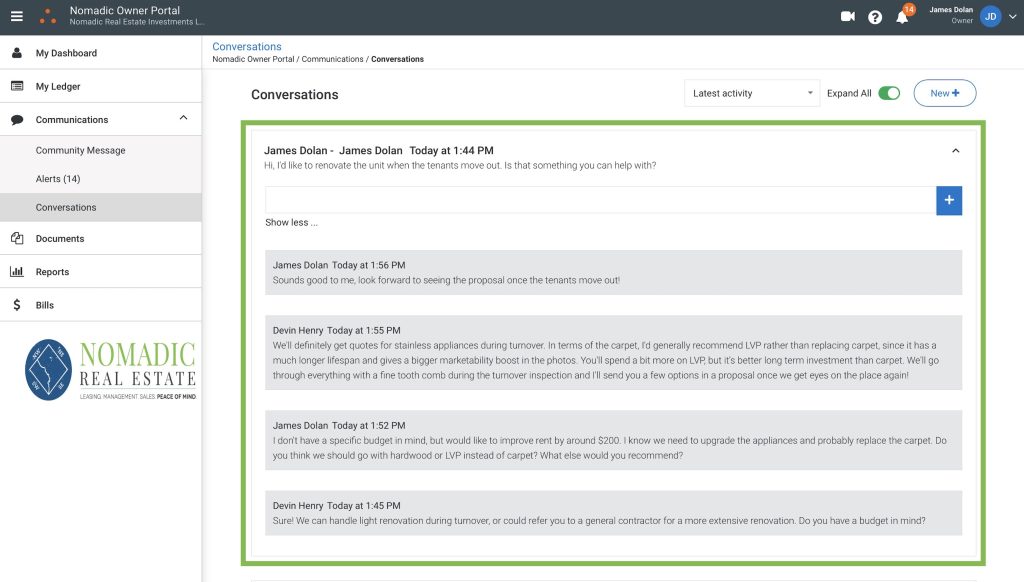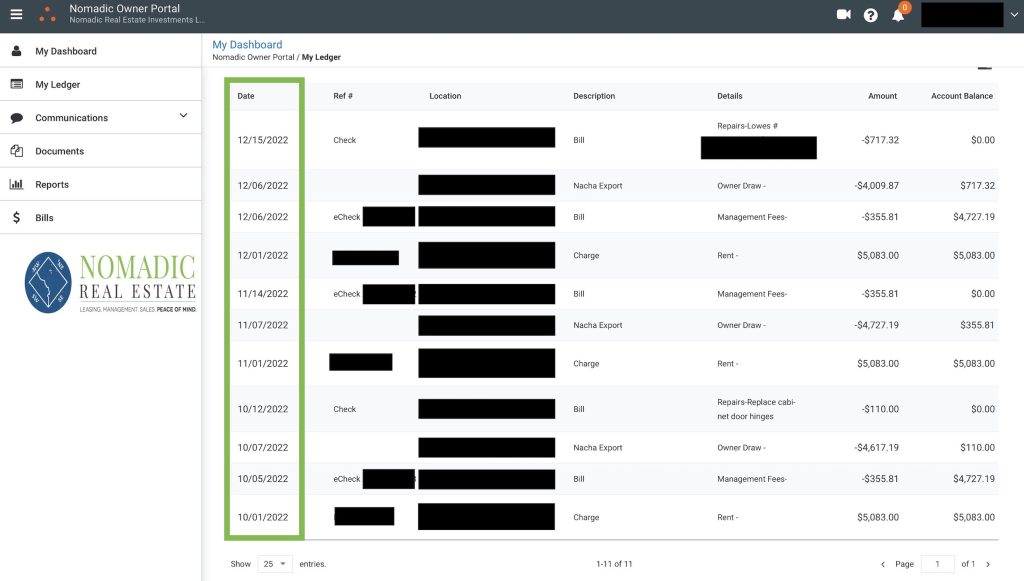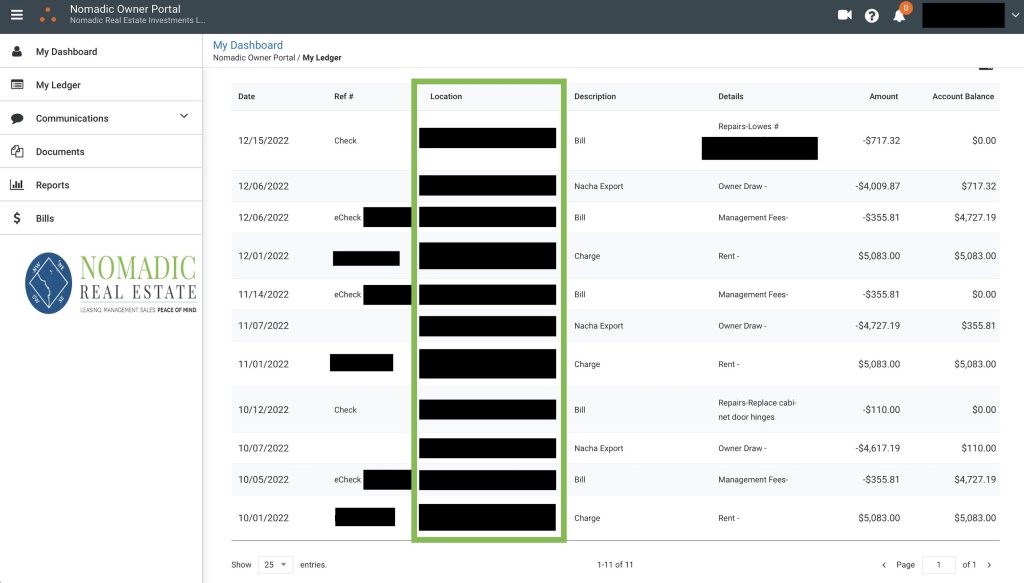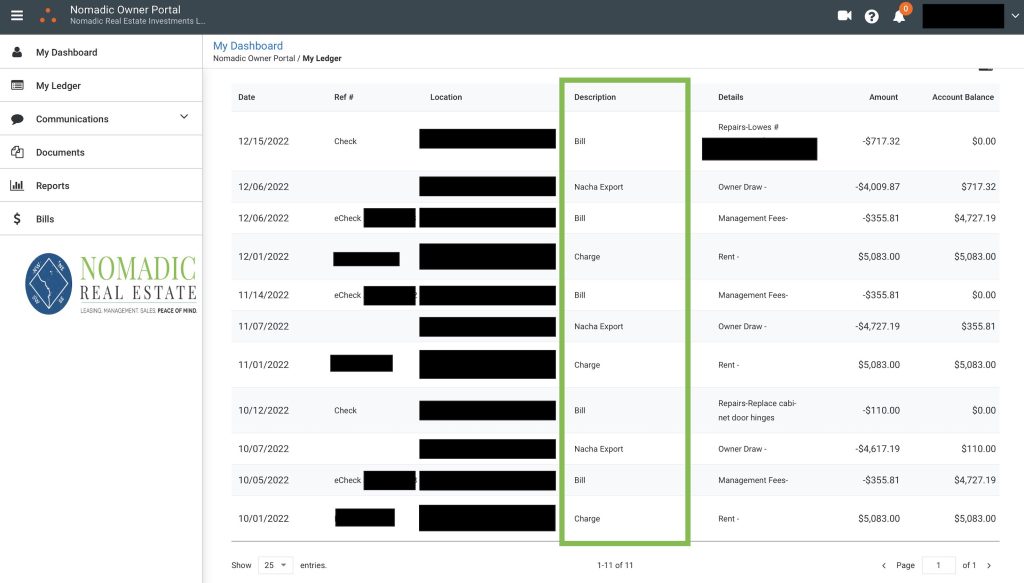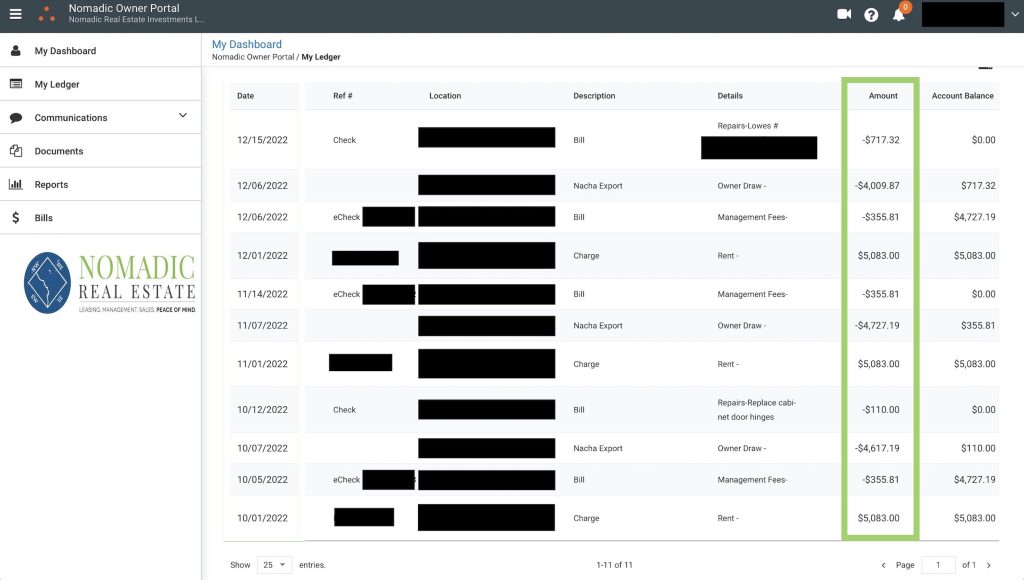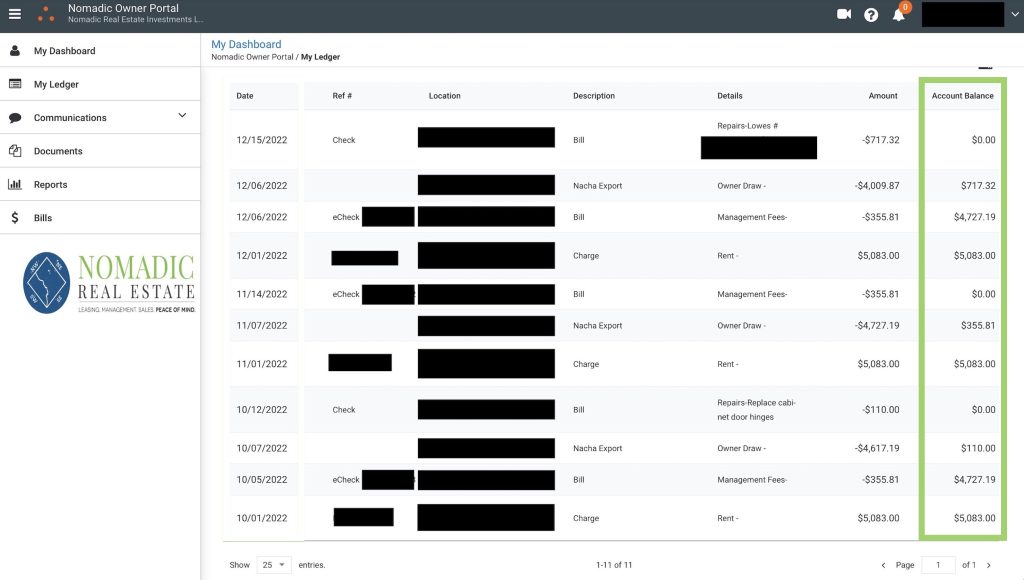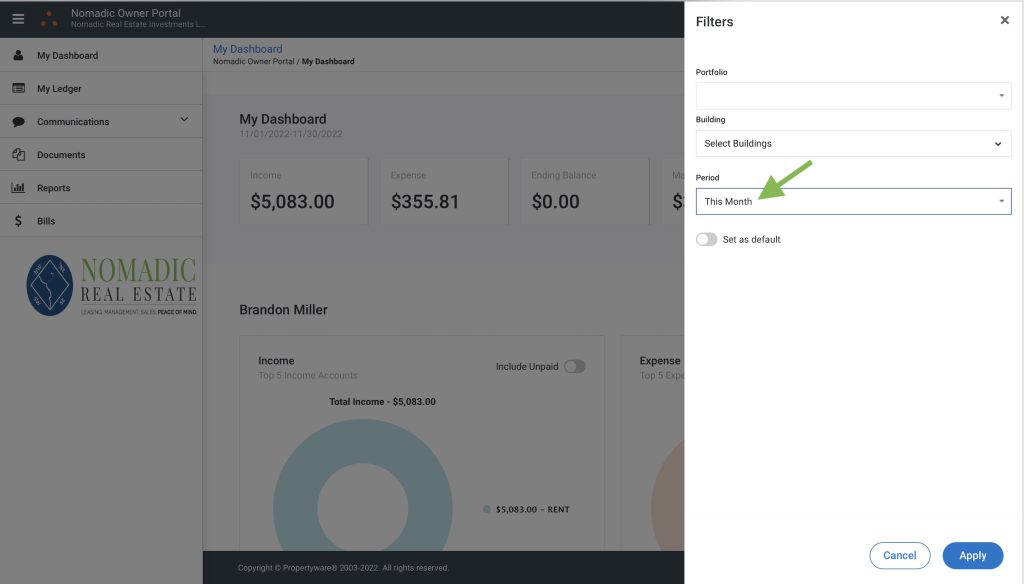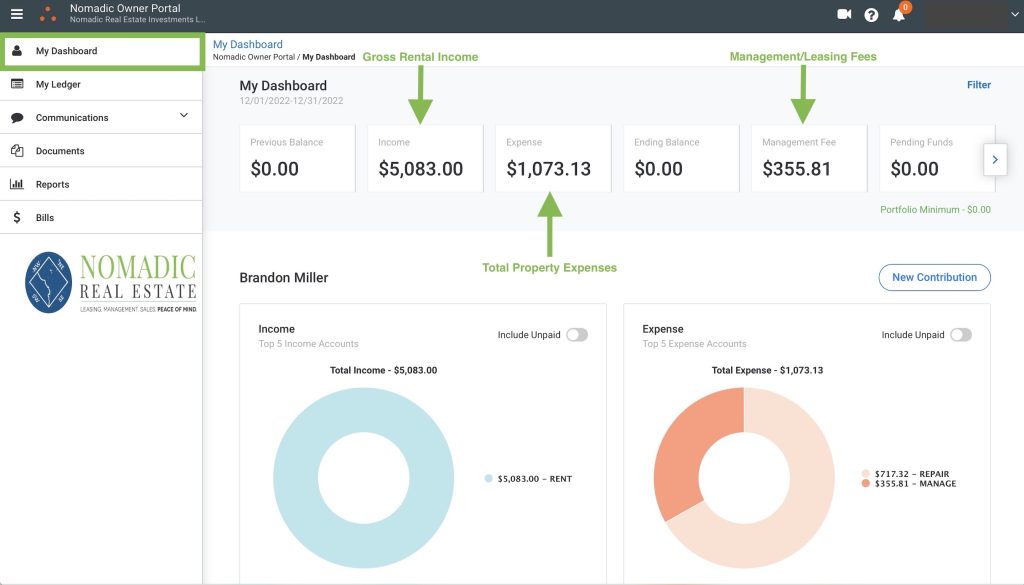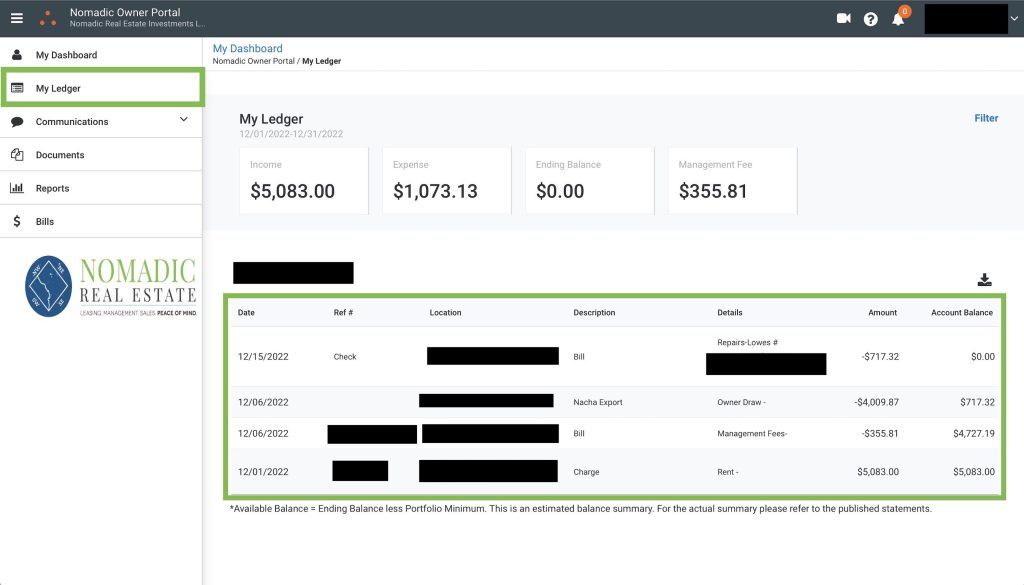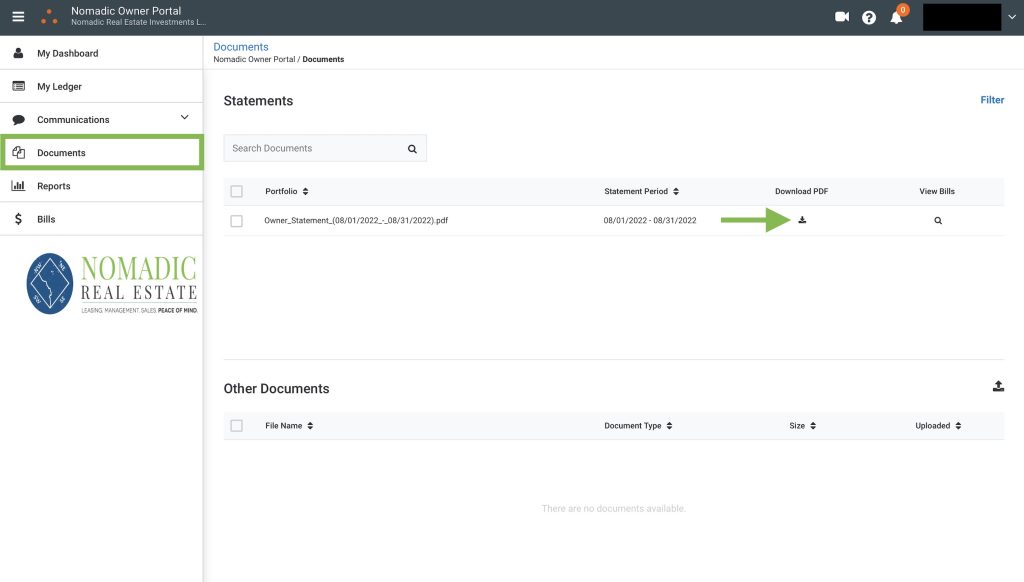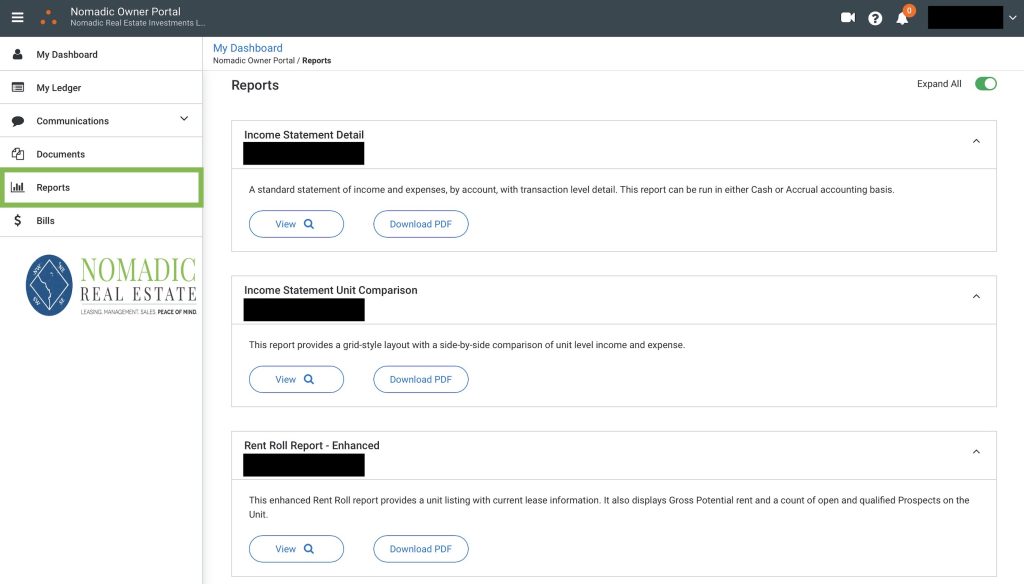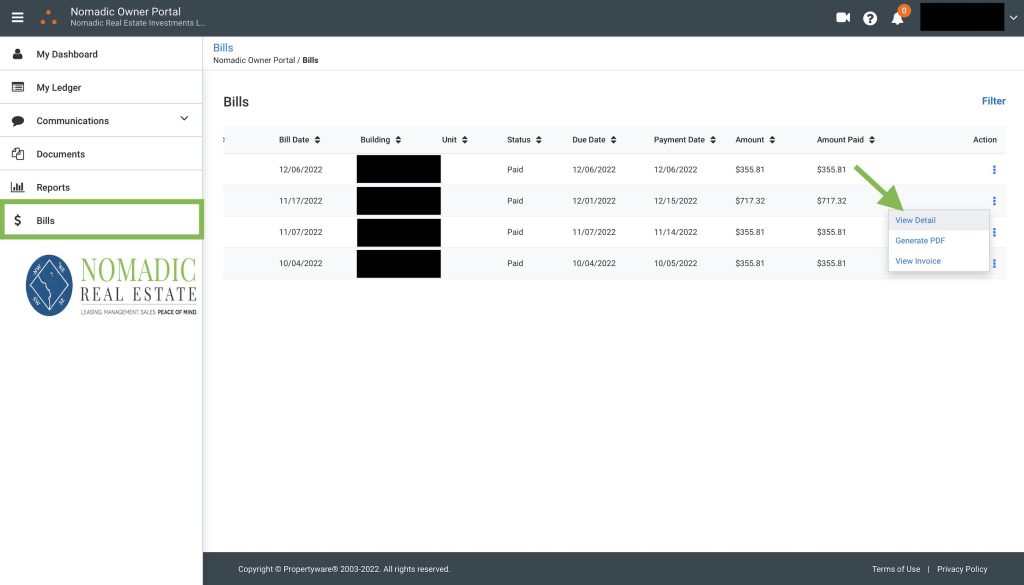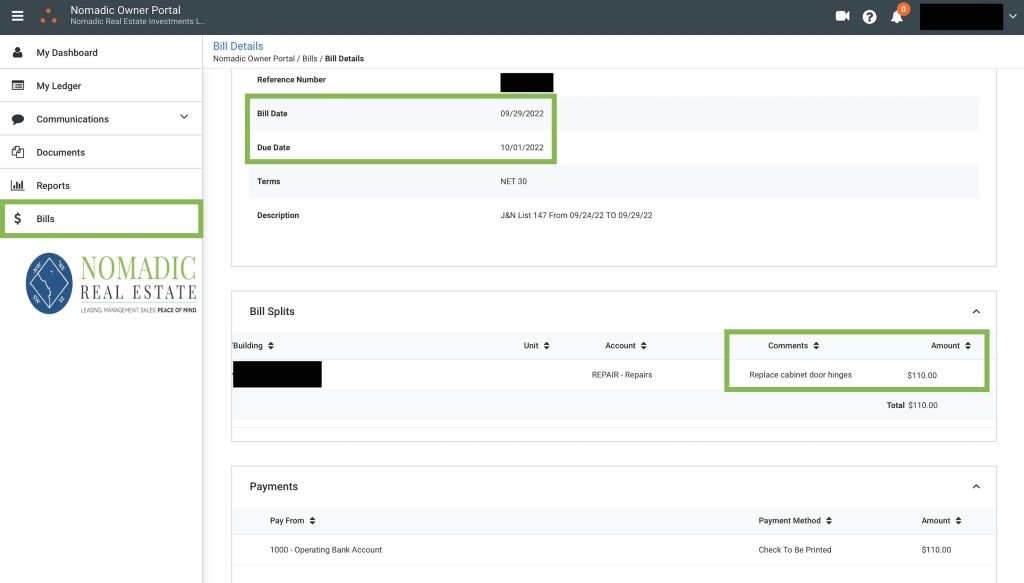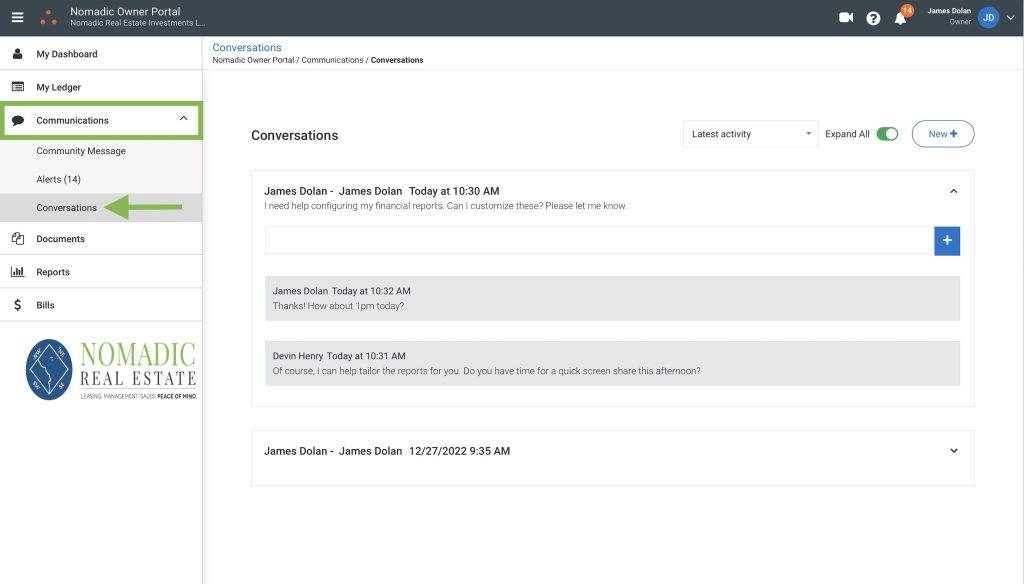Purchasing a rental property can be a life-changing experience that provides immediate cash flow and a significant return on your investment in future years. Landlords have some obligations to meet, though, which will take some work.
You’ll have to worry about finding and vetting tenants along with maintaining and repairing the property after buying it, for instance, which requires some effort. Taxes, damage deposits, and utilities are other concerns you’ll have to consider as a landlord because failure to plan ahead could bring financial penalties.
You should also be aware of Washington, D.C., landlord licensing requirements. A Basic Business License (BBL) from the Department of Licensing and Consumer Protection (DLCP) is necessary before renting your property to a tenant, no matter the unit’s size. Obtaining a license is relatively straightforward but will require some action on your part.
Do you need a license to be a landlord? The answer is yes, and this guide examines some myths and facts regarding Washington, D.C., landlord licensing requirements.
Landlord Licensing Myths You Might Have Heard
Many landlords hesitate to get the necessary licensing because of a few myths surrounding the process. Understanding how licensing works can ease your mind as you apply for yours and work to legitimize your rental property. Some misinformation you might encounter includes the following:
You Don’t Need a License
You can probably get away with renting your property without a business license, but it isn’t recommended because of the repercussions it could bring. The reason is that you won’t have any legal recourse if you run into a problem tenant who stops paying rent or damages your investment home. Investing in a BBL protects you in these scenarios by ensuring you can pursue legal action, making it the right thing to do for the long-term viability of your property.
You’ll Receive a Fine When Retroactively Getting a License
Some landlords start renting their properties without a license and believe authorities will fine them if they retroactively get their licenses afterward. Local governments won’t fine you for obtaining your BBL later on, but you could face problems if they catch you without one. It’s best to start the licensing process immediately, even if you currently have tenants in the house but don’t have a license.
Getting a BBL Takes Forever
Applying for and receiving your BBL isn’t necessarily a swift process, but it won’t take too much of your time, either. You can apply for the license online, so there’s no need to wait at a DLCP office, and you can book your property inspection online, too. You’ll also need a certificate of occupancy and a registration with the Department of Housing and Community Development’s Rental Accommodations Division.
Dispelling myths is vital as you learn about D.C.’s landlord licensing rules. Understanding how these licenses really work can help as you continue your journey as an investment property owner.
Five Landlord Licensing Facts You Should Know
Gaining further insight into BBL licenses for landlords can ease your mind as you begin the process. Gathering this information helps ensure you handle everything properly and legitimizes your rental home with few problems. Some facts you should know about landlord licenses in D.C. include the following:
1. Each Property Requires a License
You’ll need a separate BBL for every investment property you rent to tenants. The license you receive applies solely to the address you register, so you must go through the process again if you purchase additional units. There’s a fee associated with each license you apply for, as well.
2. Multiple License Types Exist
Different license types are obtainable for apartment buildings, one-family units, and two-family rentals. Apartment licenses are only necessary when you own the entire building, and the amount you’ll pay ranges between $453.20 if the building has three units to $883.30 if there are ten units. Single-family rental licenses are $198 per year, and two-family options will cost you $283.80 in 2023.
3. You’ll Need a Housing Inspection
A Department of Buildings Inspection and Compliance Administration housing inspection is necessary to obtain your BBL. The free assessment ensures the home is safe for your renters to occupy. There’s a $90 re-inspection fee if you fail your initial inspection, and you’ll have to rebook the appointment and pass the review within 90 days.
4. A Certificate of Clean Hands Is Necessary
You must prove you don’t owe the District of Columbia any money by obtaining a Certificate of Clean Hands. You can only receive this certificate if you don’t owe the government more than $100 for fines, taxes, penalties, or fees. Obtaining a Certificate of Clean Hands is simple, as you’ll log into your D.C. tax account and generate it instantly.
5. You Must Register With the Rental Accommodations Division
Registration with the Department of Housing and Community Development’s Rental Accommodations Division is necessary as a D.C. landlord. This registration ensures compliance with the Rental Housing Act of 1985 and protects tenants from unlawful evictions and rent increases. You could be exempt from these rent control protocols in certain situations.
Knowing the facts surrounding D.C.’s landlord licensing ensures you’re on the right side of the law and have the protections you require as a property owner. Ignoring these laws and requirements could leave you in a challenging situation if you experience difficulties with your renters.
Don’t Take Any Chances With Your Rental Property
Your rental property is an investment in your future, so you don’t want to take any chances. Understanding D.C. licensing requirements and following through on your obligations provides protections and ensures local authorities can intervene if you must evict a tenant. Receiving professional assistance from a property management firm can also minimize the challenges you’ll have to deal with personally.
Nomadic Real Estate offers property management services in the metro D.C. area. Our team will vet potential tenants, collect rent, handle repairs and maintenance, and take care of the day-to-day operations of your rental home, reducing your workload, time commitment, and stress. Contact Nomadic Real Estate for information on how a property manager can help you.










